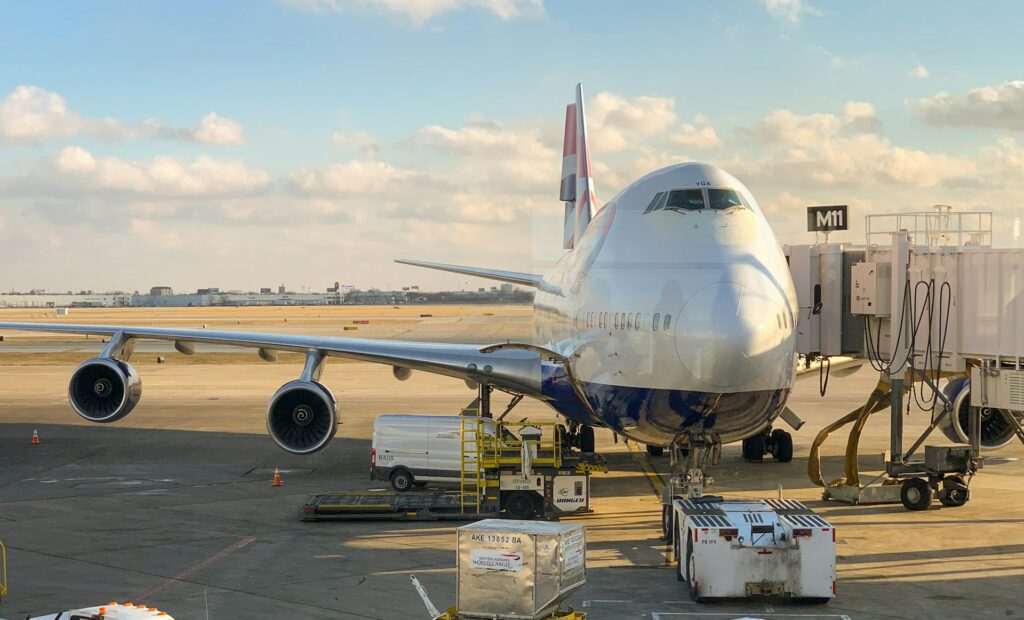Crisis Management Plan: Emergency Preparedness for Overseas Staff

Having a crisis management plan isn’t just about following protocol—it’s about genuinely protecting your workforce. For businesses with staff overseas, a robust crisis management plan is non-negotiable. From civil unrest to natural disasters, unforeseen risks can escalate quickly, and without a structured approach, organisations expose their employees—and themselves—to unnecessary danger.
Creating an effective crisis management plan isn’t just a box-ticking exercise; it’s about safeguarding your people in ways that are practical, actionable, and realistic when the worst happens.
Trump’s Tariffs and International Recruitment

Trump’s tariffs have quietly redrawn the global mobility map—and international recruitment strategies are feeling the shift. What was once considered a peripheral economic issue has evolved into a global opportunity with far-reaching effects on how talent is moved, deployed, and retained across borders.
In our experience supporting SMEs, few HR teams were prepared for the ripple effect of trade wars on talent pipelines. Yet here we are, fielding client questions not about container costs but candidate movement—and that shift deserves serious attention.
If you’re running international recruitment while also juggling global mobility (with or without a dedicated HR department), here’s what you really need to know.
Employee Safety in High-Risk Areas: Ensuring Duty of Care Responsibilities

Employee safety in high-risk areas is more than just a compliance requirement—it’s a core responsibility for businesses assigning staff to challenging environments. Duty of care responsibilities extend well beyond offering travel insurance and an emergency contact number. Protecting employees isn’t just a legal obligation; it’s an ethical commitment. In our experience, the most effective strategies ensure worker protection in dangerous regions before, during, and after an assignment.
Immigration Processing Delays: Issues and Solutions

Immigration processing delays can turn a straightforward work visa application into a frustrating waiting game. The process isn’t a quick sprint—it’s more like a slow relay race where applications move through various checks within UK Visas and Immigration (UKVI). Sometimes, the baton is handed over smoothly, but other times it’s dropped, stuck in an administrative loop, or delayed by security screenings that seem to stretch on indefinitely. If you’re waiting for a decision, the delay may feel endless. But what’s really going on behind the scenes? And, more importantly, what can businesses and employees do to stay ahead of potential roadblocks?
Cost of Living in London: A Breakdown for Expats

The cost of living in London is one of the first considerations for expats planning a move. London is an exciting, opportunity-rich city, but its living costs can come as a bit of a shock for those who haven’t done their homework. With rent, transport, and groceries all consuming a sizable portion of monthly income, it’s essential to know what to expect.
Expats should also be prepared for the high cost of entertainment and dining out in London, as well as other expenses such as council tax and utilities. Despite the expense, many expats find the vibrant cultural scene, diverse food options, and convenient public transportation system to be worth the price tag. By creating a budget and sticking to it, expats can better manage their finances and fully enjoy all that London has to offer.
Tax Equalisation for Employees on International Assignment

Tax equalisation is a key consideration when relocating employees for international assignments. Managing these assignments can be complex, and without a structured approach, employees may find themselves in a financially disadvantaged position due to differing tax systems. HR teams with little experience in international assignments may not yet be familiar with how tax equalisation works or why it matters.
However, having a clear tax equalisation policy in place can streamline processes, reduce administrative burdens, and prevent unexpected tax-related costs for both employees and the organisation. By ensuring employees are not worse off financially due to their relocation, companies can improve retention, maintain morale, and make international assignments more attractive.
Cost of Living Allowance: A Guide for HR Teams Managing Global Mobility

When relocating employees internationally as part of your global mobility programme, a Cost of Living Allowance (COLA) plays a key role in maintaining their financial well-being. But what exactly is it, and how should HR teams approach it?
A Cost of Living Allowance is designed to bridge the gap between an employee’s home country living costs and those in the host country. Without it, international assignments can become financially unviable for employees, leading to reluctance or dissatisfaction. But how do you calculate it fairly? What factors should you consider beyond the basic cost of goods and services?
International Assignment Planning for the First Time

Planning an international assignment for the first time can feel overwhelming. After all, it’s not just about sending an employee to a new country; it’s about creating a structured, supportive experience that benefits both the employee and the organisation. At Adleo, we believe that a thoughtful, proactive approach is the key to success when it comes to overseas relocation. With careful planning and attention to detail, an international assignment can be a transformative experience for all parties involved.
To ensure your international assignment goes smoothly, here’s our step-by-step guide that covers every essential element—from the initial planning phase to post-arrival support.
